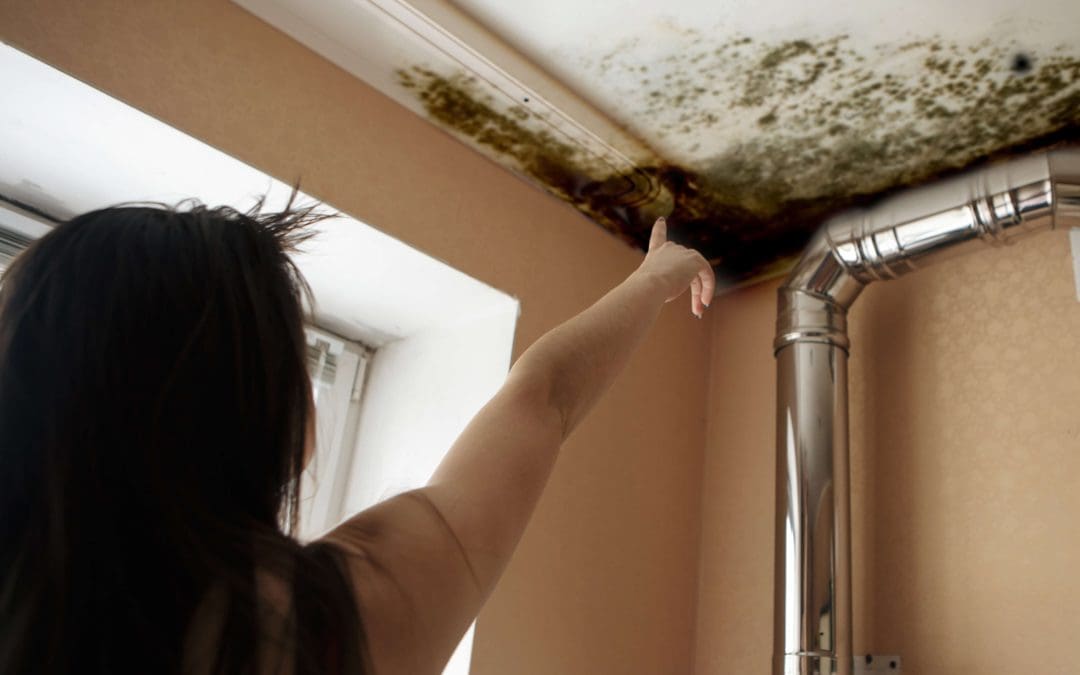Mold is more than just an unsightly nuisance—it poses serious health risks and damages your home if left unchecked. As a homeowner, understanding the causes of mold growth is crucial to preventing it from becoming a problem in your living space. Mold thrives in specific conditions, and by knowing what these are, you’ll be prepared to take steps to protect your home and your health.
The Role of Moisture in Mold Growth
Moisture is the primary catalyst for mold growth. Mold spores are present in virtually every environment but need moisture to grow and multiply. This moisture can come from various sources, including high humidity, leaks, or condensation. Even a tiny amount of moisture could lead to mold if left unattended, especially in areas where the moisture persists over time. Bathrooms, basements, and kitchens are particularly susceptible to mold growth due to water sources and humidity.
Poor Ventilation and Mold
Poor ventilation is another common cause of mold growth. Without adequate airflow, Moisture from cooking, showering, and laundry becomes trapped inside your home, creating a breeding ground for mold. Areas like bathrooms and kitchens, where moisture is frequently generated, are especially vulnerable if not properly ventilated. Confirming that these areas are equipped with exhaust fans and that air circulates freely throughout your home is key to preventing mold.
Leaks and Water Damage Are Causes of Mold Growth
Leaks, whether from a roof, plumbing, or foundation, quickly lead to mold growth if not addressed promptly. Water from leaks can seep into walls, ceilings, and floors, creating hidden pockets of moisture ideal for mold. Even after a leak is repaired, mold may still develop if the affected area is not thoroughly dried. Regularly inspecting your home for signs of leaks and promptly addressing issues helps prevent mold from taking hold.
Condensation and Mold
Condensation occurs when warm, moist air comes into contact with a cold surface, such as windows, pipes, or walls. This happens frequently in basements or bathrooms, where the temperature difference between the air and surfaces is more pronounced. Over time, condensation leads to moisture buildup, providing an ideal environment for mold growth. Insulating cold surfaces and improving ventilation will help reduce condensation and the risk of mold.
Organic Materials and Mold Growth
Mold feeds on organic materials such as wood, paper, drywall, and even dust. When these materials become damp, they provide an excellent food source for mold. This is why mold often appears on walls, ceilings, and floors, where it can find both moisture and organic materials to thrive on. Keeping your home clean, dry, and well-maintained is essential to preventing mold from finding a place to grow.
The best way to prevent mold is to control moisture in your home. Regularly inspecting your home for signs of moisture and taking proactive steps to manage it will go a long way in keeping mold at bay.
Causes of Mold Growth FAQs
What are the health risks associated with mold?
Mold causes various health issues, particularly for individuals with allergies, asthma, or compromised immune systems. Common symptoms include respiratory problems, skin irritation, and eye irritation.
How can I tell if I have mold in my home?
Mold often appears as black, green, or white spots on walls, ceilings, or other surfaces. It may also produce a musty odor. If you suspect mold, it’s important to promptly investigate and address the issue.
Can I remove mold myself?
For small areas of mold, homeowners can often clean it themselves using appropriate cleaning solutions. However, it’s best to consult a professional for safe and effective removal of larger infestations or mold that has penetrated deeply into materials.
How do I prevent mold after a leak?
After a leak, it’s crucial to dry the affected area thoroughly as quickly as possible. Fans, dehumidifiers, and professional drying services will help prevent mold from developing.
Does homeowners insurance cover mold growth?
Mold coverage varies by insurance policy. Some policies may cover mold damage caused by a covered peril, like a burst pipe, while others may exclude mold damage entirely. Review your policy and discuss coverage with your insurance provider.
Crossroads Home Inspections offers professional home inspections to customers in St. Louis and the surrounding area. Contact us to schedule an appointment for our services.

